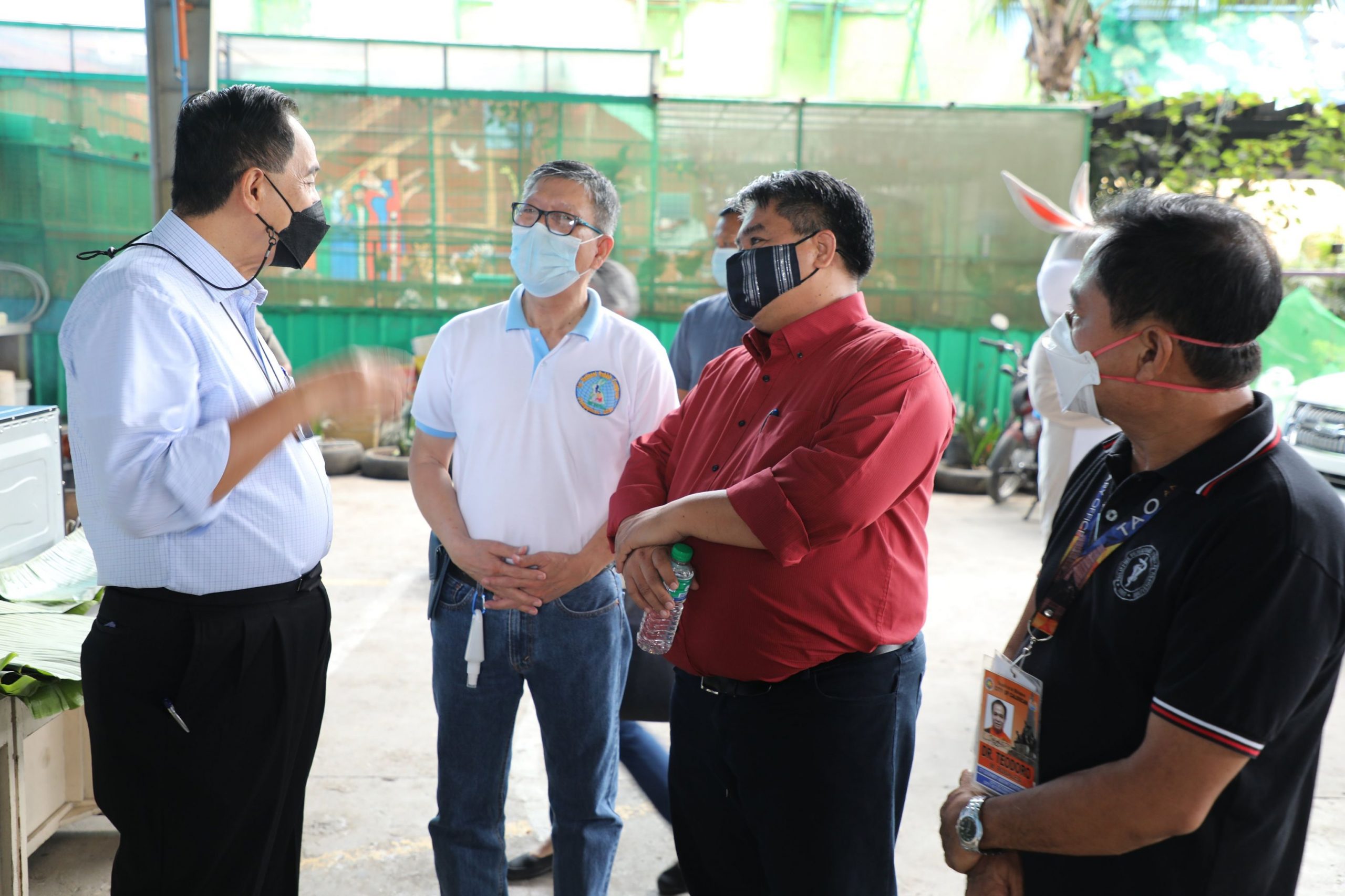
The Department of Agriculture (DA) has issued the final guidelines for the importation of rabbits into the country as part of government efforts to boost the domestic production of the animal.
The DA recently published Memorandum Circular (MC) 20, which was signed by Agriculture Secretary William D. Dar.
The agency said the guidelines were issued to facilitate the “safe importation” of superior rabbit genetics from other countries while “preventing the inadvertent” introduction and spread of transboundary animal diseases.
“The DA recognizes the increasing interest of many Filipino farmers in raising rabbits for meat production due to the ease in propagation and minimal production costs,” MC 20 read.
“The growing awareness and local acceptance of rabbit meat as an alternative protein source amid the rising prices of major livestock commodities such as pork and poultry meat have ignited a subsequent increase in the SPS [sanitary and phytosanitary] Import Clearance request for meat-type rabbit breeds.”
The new MC superseded the department’s earlier MC 15 series of 2021 that provided the transitory guidelines on the importation of rabbit into the Philippines (Related story: https://businessmirror.com.ph/2021/08/26/da-releases-import-rules-on-superior-rabbit-breeds-for-meat-production/).
Under the guidelines rabbit importers must be authorized by the Bureau of Animal Industry National Veterinary Quarantine Services Division and should submit the necessary documentary requirements like business permit and letter of intent to import.
“Only certified rabbit farms and authorized exporters endorsed by the source country shall be accepted,” MC 20 read.
Only rabbits sourced from countries that are free from rabbit hemorrhagic disease/viral hemorrhagic disease (RHD/VHD), myxomatosis and tularemia for the past 12 months would be allowed.
Furthermore, the MC 20 stipulated that the imported rabbits must be “born and bred” in the exporting country and must be subjected to the government’s protocol regarding vaccinated or unvaccinated rabbits.
“All rabbits must be kept in a facility where no case of RHD, Myxomatosis and Tularemia was reported for the past twelve months prior to shipment or since its birth and no clinical case was found when inspected by an Official Veterinarian prior to shipment,” it read.
“The rabbits were treated for internal and external parasites within 30 days of exportation.”
The imported rabbits must be at least 60 days of age and must not be pregnant during the time of travel. The rabbits should also be embedded with microchip or identification marks.
The imported rabbits will be subjected to domestic quarantine procedures to “evaluate the health status” of the animals for a period of 30 days.
“Rabbits which are found to have signs of any infectious diseases shall be disposed of immediately to avoid the further spread of the disease,” the guidelines read.
“Should there be any mortality in the imported rabbits during the quarantine period, the importer must immediately report to VQO and submit a documentation of its proper disposal within the farm,” it added.
The imported rabbits shall be released upon completion of the minimum 30-day quarantine period.
The import rules also outlined the procedures for SPS-IC import clearance application, border clearance and processing of imported rabbits, quarantine procedures, and penalties regarding live rabbit importation. The import rules took effect immediately last June 2.
The DA, through the Bureau of Animal and Fisheries Standards, is also crafting a Philippine National Standard for slaughtering rabbits (Related story: https://businessmirror.com.ph/2021/08/18/government-crafting-standards-for-slaughtering-rabbits/).













